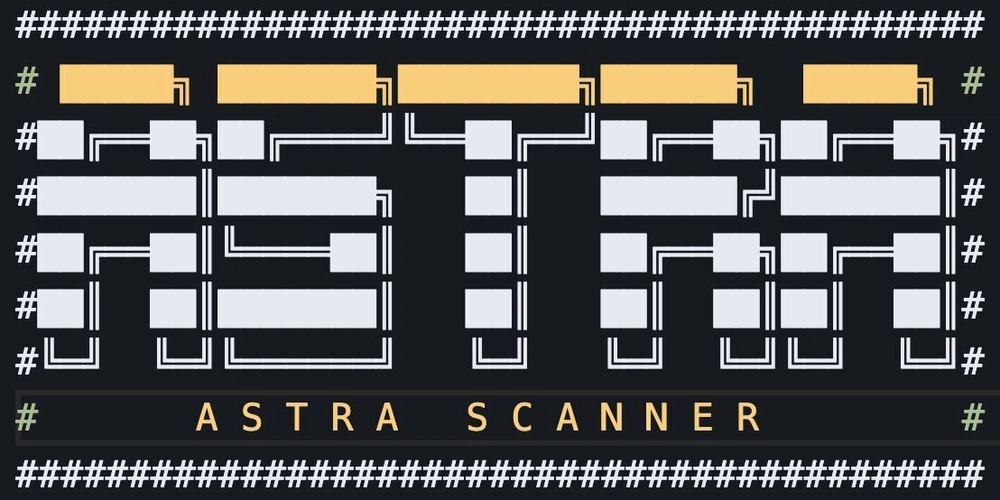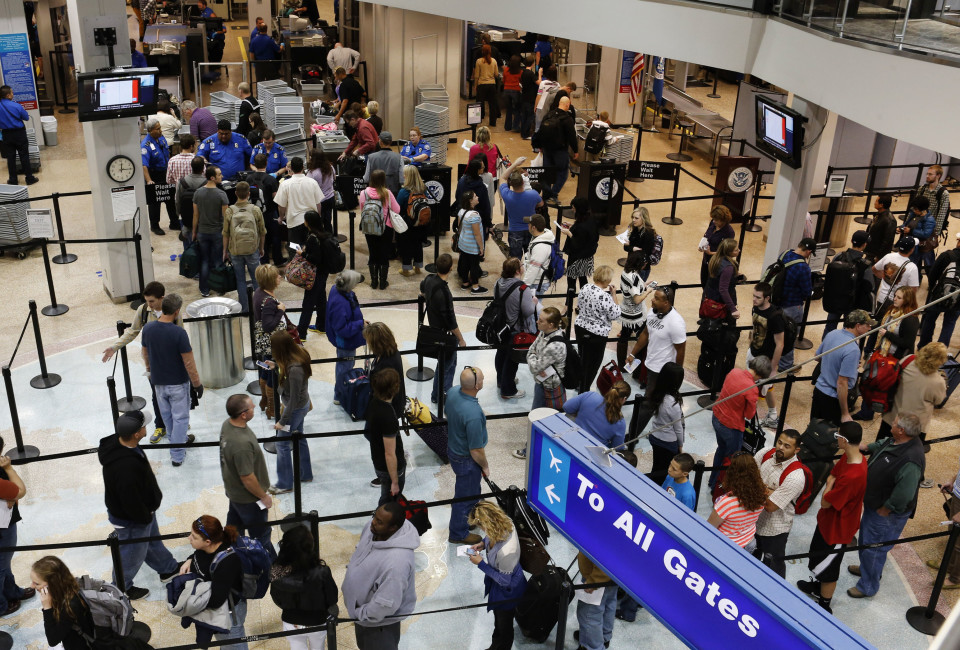But they are adamant on withholding support for the “One Big Beautiful Bill Act” unless there are other significant changes made to the Medicaid portion, including lowering the Federal Medical Assistance Percentage (FMAP) for Medicaid expansion states.
House Majority Leader Steve Scalise (R-La.) said Thursday that GOP leaders “absolutely” intend to speed up the implementation to ease the concerns of the Republicans threatening to sink the package if changes aren’t made.
“That helps support,” Scalise said.
As written, the work requirements would take effect in 2029 — a four-year delay that many conservatives say is far too long. Scalise did not specify how quickly the requirements would take effect.
According to the Congressional Budget Office, work requirements would result in nearly 5 million people losing Medicaid. As currently written, those losses would occur after the 2028 presidential election.
Moving up the date would accelerate the losses and could amplify them. Democrats would be handed a powerful political argument if millions of people lose insurance in the run-up to the election.
Republicans argue the ones losing insurance would be “able bodied” people who are choosing not to work.
Work requirements currently account for the largest savings in the health portion of the legislation; about $301 billion over seven years. The provision would require childless adults aged 19-64 years old to prove they work, go to school or volunteer for 80 hours a month.
Experts say most Medicaid beneficiaries are working, and work requirements force enrollees to complete burdensome paperwork requirements.
According to a CBO analysis of a 2023 Republican bill, work requirements had no impact on the employment status or hours worked by Medicaid recipients.























































































